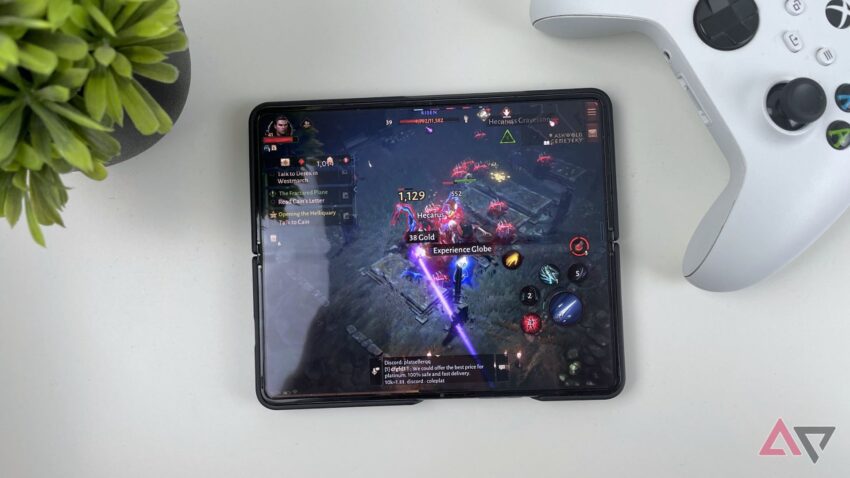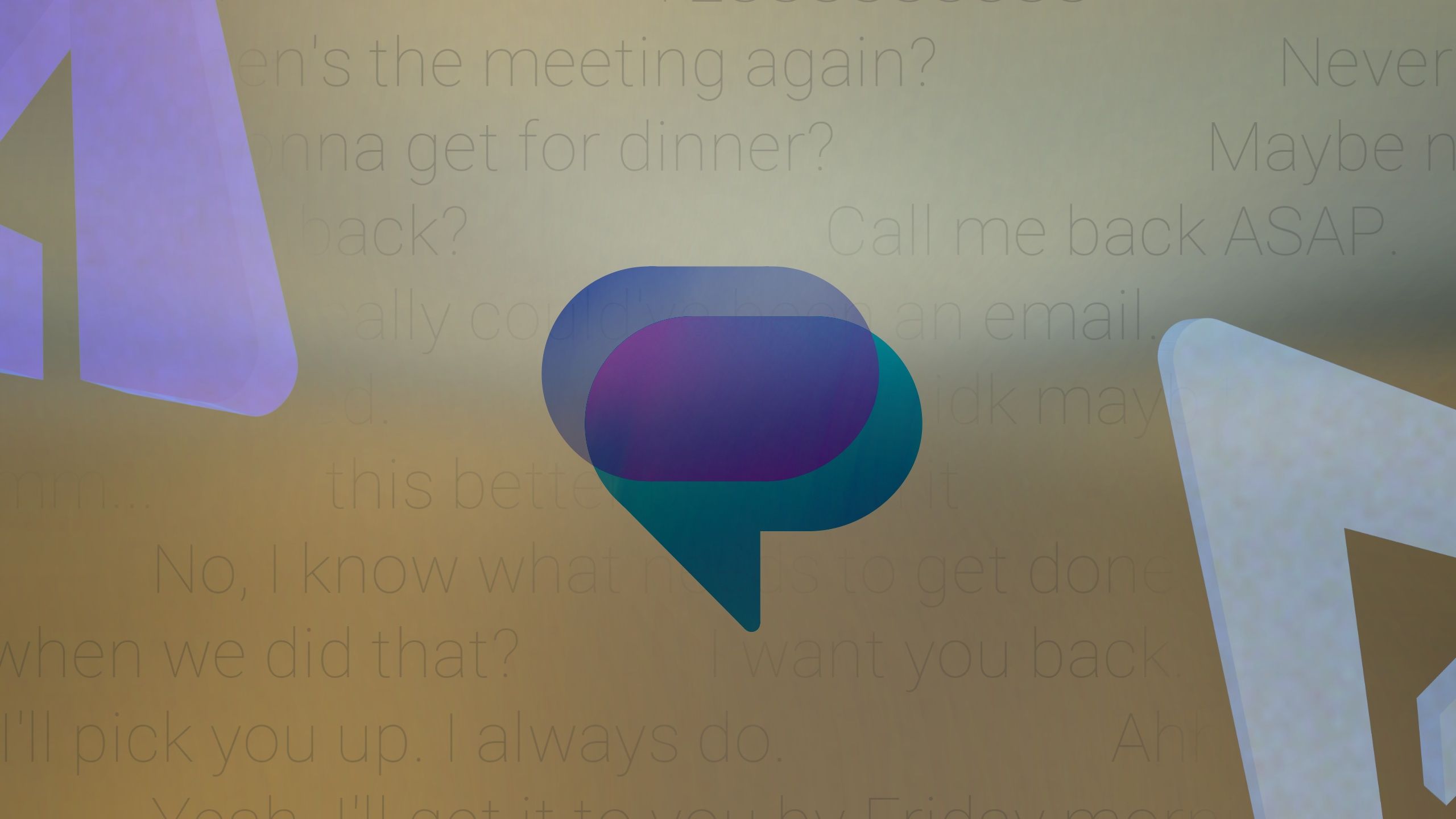
nintendo switch emulator eden mysteriously disappears from A notable Nintendo Switch emulator, Eden, has been removed from the Google Play Store, leaving users and developers questioning the reasons behind this sudden disappearance.
nintendo switch emulator eden mysteriously disappears from
Background on Nintendo Switch Emulators
Nintendo Switch emulators have gained popularity among gaming enthusiasts, allowing users to play their favorite Nintendo titles on various platforms, including Android devices. Emulators like Eden provide a way for players to experience classic games without needing the original hardware. This trend has been fueled by the nostalgia associated with retro gaming and the desire for accessibility in the gaming community.
The Nintendo Switch, released in March 2017, has a vast library of games that appeal to a wide audience. However, not everyone has access to the console, prompting many to seek alternative methods to enjoy these titles. Emulators serve as a bridge for those who wish to relive their favorite gaming moments without the constraints of physical hardware.
The Rise of Eden Emulator
Eden was developed as a user-friendly emulator designed to run Nintendo Switch games on Android devices. It quickly gained traction among users for its intuitive interface and relatively stable performance. The emulator allowed players to enjoy popular titles such as “The Legend of Zelda: Breath of the Wild” and “Super Mario Odyssey” on their smartphones and tablets, making gaming more accessible than ever.
Despite the legal gray areas surrounding emulators, Eden managed to carve out a niche for itself in the competitive landscape of mobile gaming. Its developers emphasized the importance of user experience, continually updating the software to enhance performance and compatibility with a growing list of games. This commitment to improvement helped Eden build a loyal user base, further solidifying its position in the emulator market.
The Disappearance from Google Play Store
Recently, Eden was unexpectedly removed from the Google Play Store, leaving many users bewildered. The reasons for this removal remain unclear, but several factors could have contributed to the decision. Google has a history of enforcing strict policies regarding applications that may infringe on copyright or intellectual property rights. Emulators often walk a fine line, as they can be used to play pirated games, which raises concerns for platform holders like Nintendo.
In the case of Eden, the removal could be attributed to complaints from Nintendo or other stakeholders in the gaming industry. Companies like Nintendo are known for their aggressive stance against emulators and piracy, often taking legal action to protect their intellectual property. This environment creates a challenging landscape for emulator developers, who must navigate the complexities of copyright law while trying to provide a service to gamers.
Implications for Users and Developers
The removal of Eden from the Google Play Store has significant implications for both users and developers. For users, the most immediate impact is the loss of access to the emulator through a trusted platform. While it may still be possible to download the emulator from third-party sources, this approach carries inherent risks, including potential malware or security vulnerabilities.
Moreover, the absence of Eden from the Play Store raises questions about the future of similar applications. If Google continues to enforce strict policies against emulators, it could stifle innovation in the emulator space and limit options for users seeking to play retro or console games on their devices.
For developers, the removal serves as a stark reminder of the challenges they face in creating and maintaining emulators. The legal landscape surrounding emulators is fraught with uncertainty, and developers must be vigilant in ensuring their applications comply with copyright laws. This often requires a delicate balance between providing a valuable service to users and avoiding potential legal repercussions.
Community Reactions
The gaming community has reacted with a mix of disappointment and concern regarding the removal of Eden. Many users took to social media platforms and forums to express their frustration, highlighting the emulator’s role in preserving gaming history and providing access to beloved titles. The sentiment among users is that emulators like Eden play a crucial role in keeping retro gaming alive, especially for those who may not have access to original consoles.
Some users have also raised concerns about the implications of this removal for the broader emulator community. The fear is that if major emulators continue to face scrutiny and removal from mainstream platforms, it could lead to a decline in the availability of such applications, ultimately limiting access to gaming history for future generations.
Legal Perspectives on Emulators
The legal status of emulators is a complex issue that varies by jurisdiction. In many cases, the act of creating an emulator is legal, as it does not inherently involve copyright infringement. However, the use of emulators to play pirated games is illegal and can lead to legal action from copyright holders. This distinction complicates the landscape for developers, who must ensure that their applications are used responsibly and legally.
Nintendo, in particular, has been vocal about its stance on emulators and piracy. The company has taken legal action against various emulator developers and websites that distribute ROMs (the game files needed to run on emulators). This aggressive approach has led to a chilling effect in the emulator community, as developers weigh the risks of creating applications that could be targeted by legal action.
Future of Eden and Similar Emulators
As of now, the future of Eden remains uncertain. While the emulator may still be available through unofficial channels, its removal from the Google Play Store raises questions about its long-term viability. Developers may need to consider alternative distribution methods or platforms to reach their audience while navigating the legal landscape.
In the broader context, the removal of Eden could signal a trend in the gaming industry where emulators face increasing scrutiny. As companies like Nintendo continue to protect their intellectual property, developers may find it increasingly challenging to create and maintain emulators without facing potential legal consequences. This could lead to a decline in the availability of emulators, ultimately impacting gamers who rely on these tools to access retro titles.
Conclusion
The removal of the Eden emulator from the Google Play Store highlights the ongoing tensions between gaming companies and the emulator community. While emulators provide a valuable service by preserving gaming history and making titles accessible, they also exist in a legal gray area that poses challenges for developers and users alike. As the gaming landscape continues to evolve, the fate of emulators like Eden will depend on how stakeholders navigate these complexities and the ongoing dialogue surrounding copyright and intellectual property rights.
Source: Original report
Was this helpful?
Last Modified: September 27, 2025 at 3:56 am
9 views















